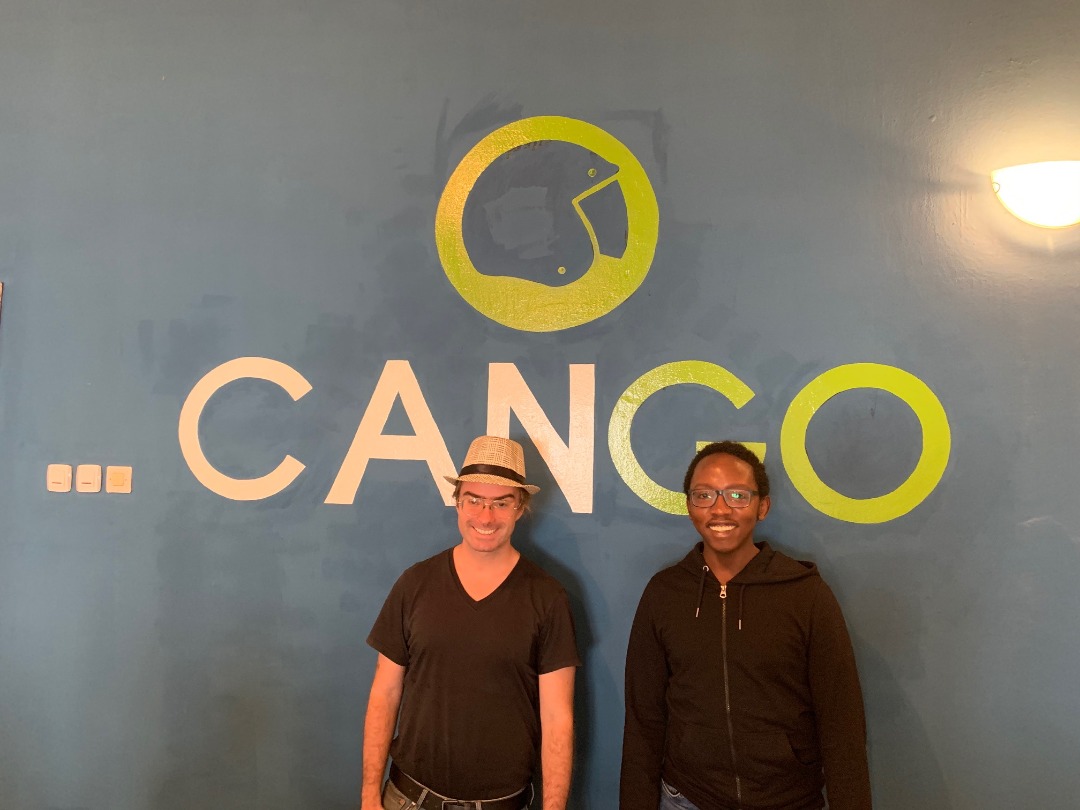CanGo Exploits the Online Retail Space Left By Jumia Exit in Rwanda
The vacuum created in the Rwandan online retail sector via the sudden exit of Africa’s major online retail outlet, Jumia is likely to be filled by CanGo, a local startup that was previously engaged in taxi-hailing services. CanGo which has good presence in the East and Central Africa region through its SafeMotos taxi hailing services say it will embark on a reorganization that will birth a new operation that will fill the void left in online food delivery space in Rwanda with the development.

With Jumia’s exit from the country, CanGo has explained that it is in the final process of the operationalisation of its mobile application which will enable it launch out into various ventures from its taxi hailing business to bike hailing, retail and food delivery. “Our mobile app will be soon available on the App Store and Google Play!” the company posted on its social media platforms pointing to January 2020 as the month in which the service will be available. Incidentally, January is the month Jumia announced they would be completely folding business in Rwanda – most precisely on January 9.
Read also:DHL Launches Africa eShop With Access to Leading Global Online Retailers
According to Barrett Nash, Co-founder of CanGo, Jumia’s exit was the type of opportunity CanGo has been waiting for noting that “I’ve been testing our new food delivery system in Kinshasa and for me this is a great opportunity”.
Jumia, perceived as Africa’s first unicorn, revealed recently that it will suspend its operations in Rwanda in January after it emerged that it was making significant losses in some of the markets where it operates. Partly, the suspension of its business units is attributed to challenges of digital payments, delivery and logistical infrastructure especially in fragmented markets where it has been operating. It is true in markets like Rwanda, where the majority of people still prefer traditional ways of buying goods and services despite the increasing number of smartphones, internet penetration and plummeting data costs.
Read also:Ghana ’s Traders Union Gives Government One Week Ultimatum To Shut Out Foreign Retailers
Sources say that many Rwandans found it hard to buy into Jumia’s services as expensive compared to the traditional way of doing things. A cost of getting food and drink delivered, for instance, was somewhere between Rwf1, 000 (about $1) and Rwf1, 500 ($1.6). This negatively affected Jumia’s investment in the country. However, CanGo’s co-founder Nash believes this will not be a major issue with his outfit as he is of the view that “there will be no break in on-demand food services in Kigali,” saying that they “were going to begin testing before Christmas anyway.”
Read alsoJumia Finally Quits Rwanda, Suspends Its Remaining Food Delivery Service In The Country
He asked colleagues to start sharing the restaurants that are must-haves on the platform. Efforts to reach the company were unsuccessful. But people who have used the service already believe it will be a great replacement for Jumia. Some noted that CanGo is preferable because they are fast and cheaper than Jumia. Others admitted that CanGo drivers seem to have better grasp of the use Google maps than Jumia’s. However critics say that the fact that CanGo was still using WhatsApp platform instead of a dedicated app may be responsible for the edge they have over Jumia, but if they want to expand and grow, they will have to launch their dedicated app, which they are about to launch.
Kelechi Deca

Kelechi Deca has over two decades of media experience, he has traveled to over 77 countries reporting on multilateral development institutions, international business, trade, travels, culture, and diplomacy. He is also a petrol head with in-depth knowledge of automobiles and the auto industry


